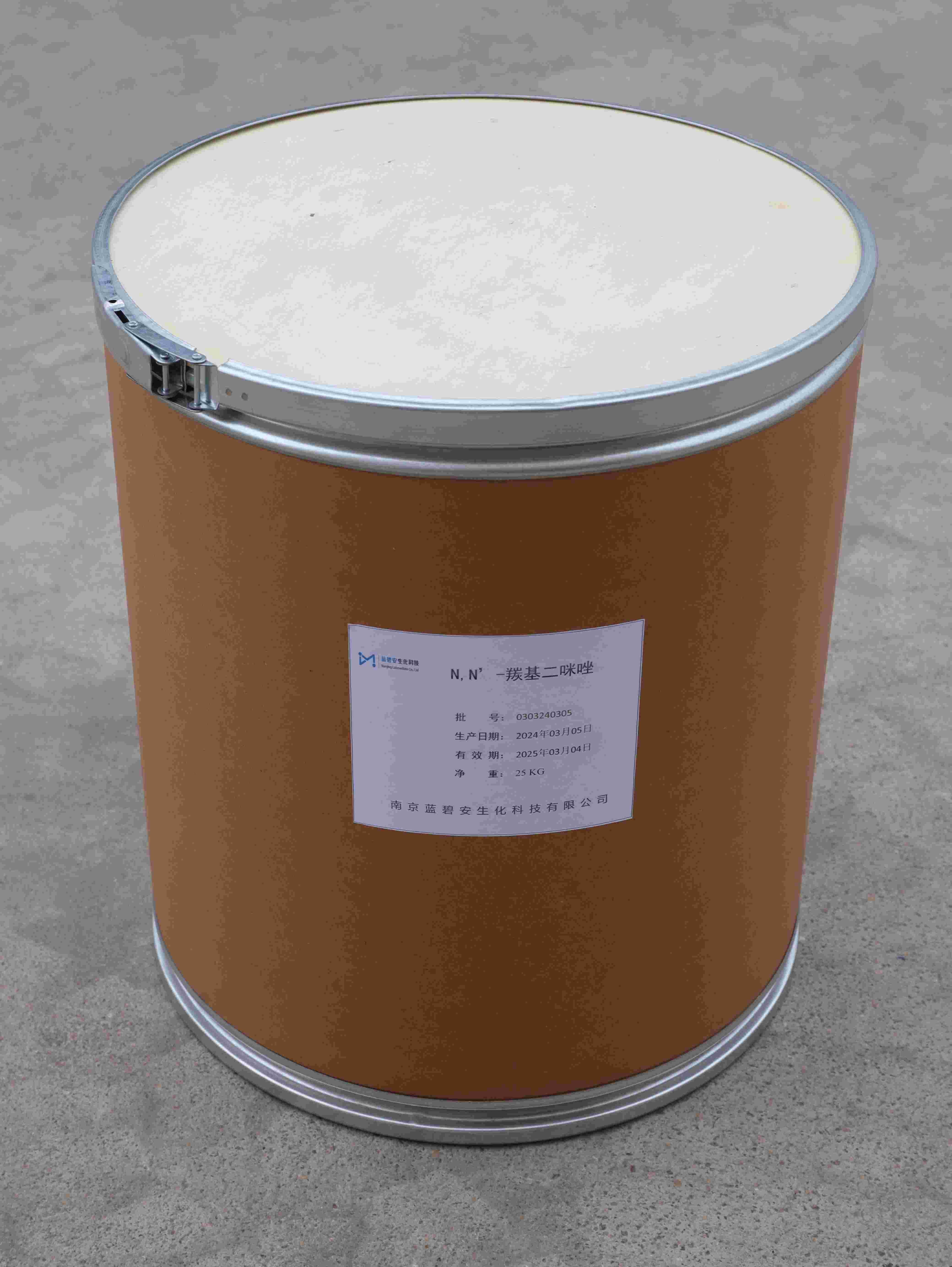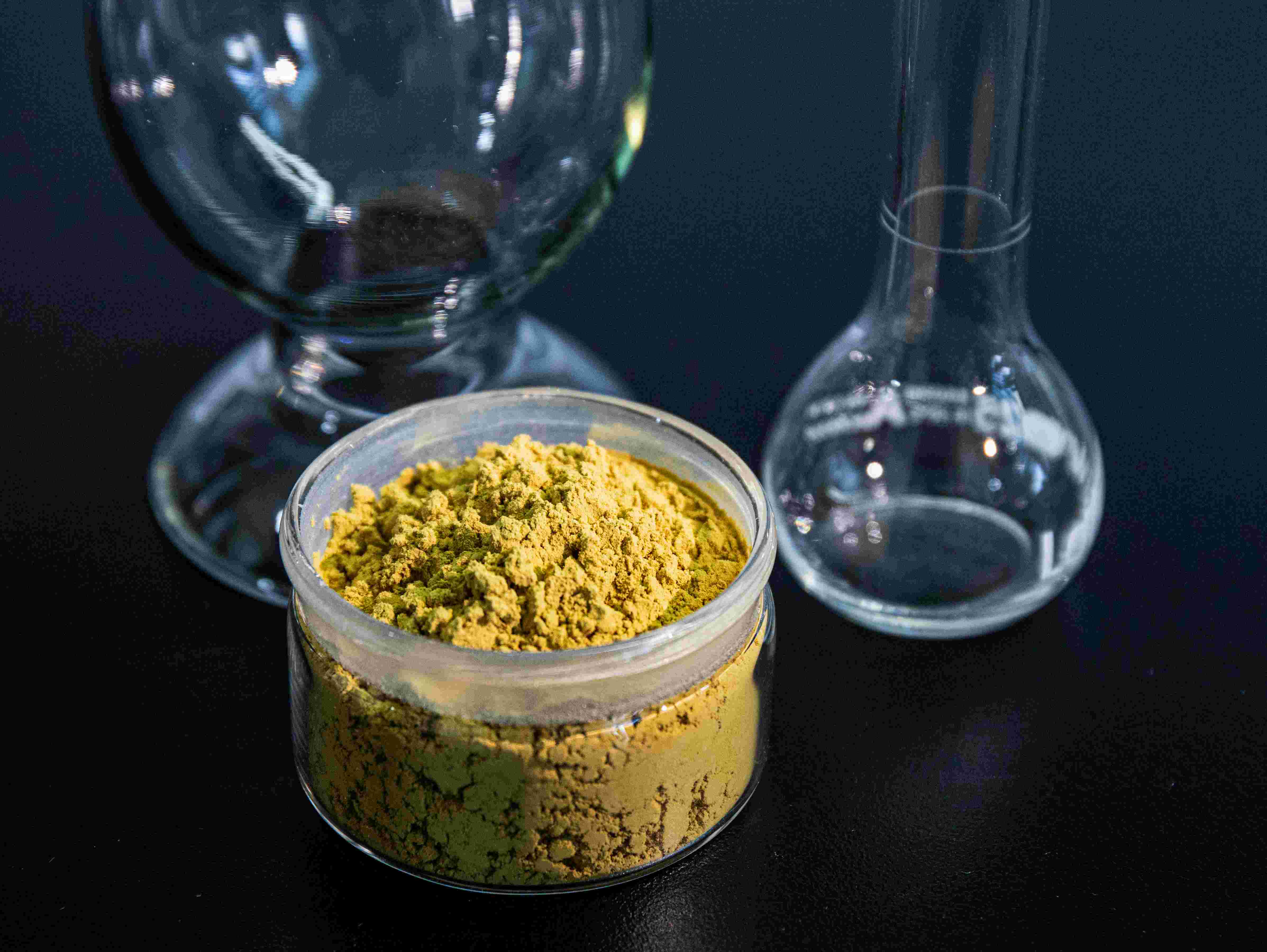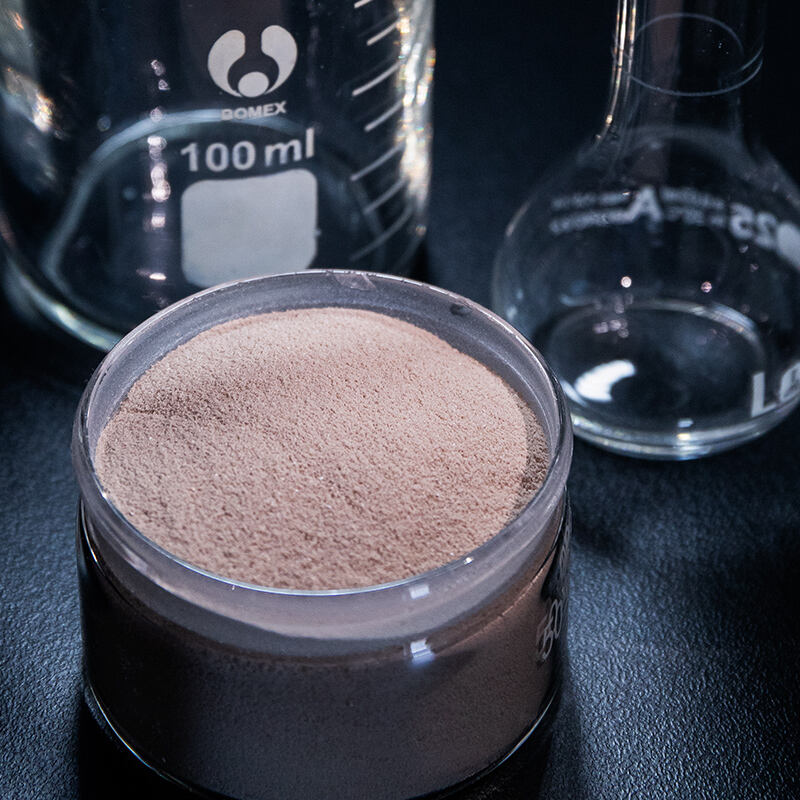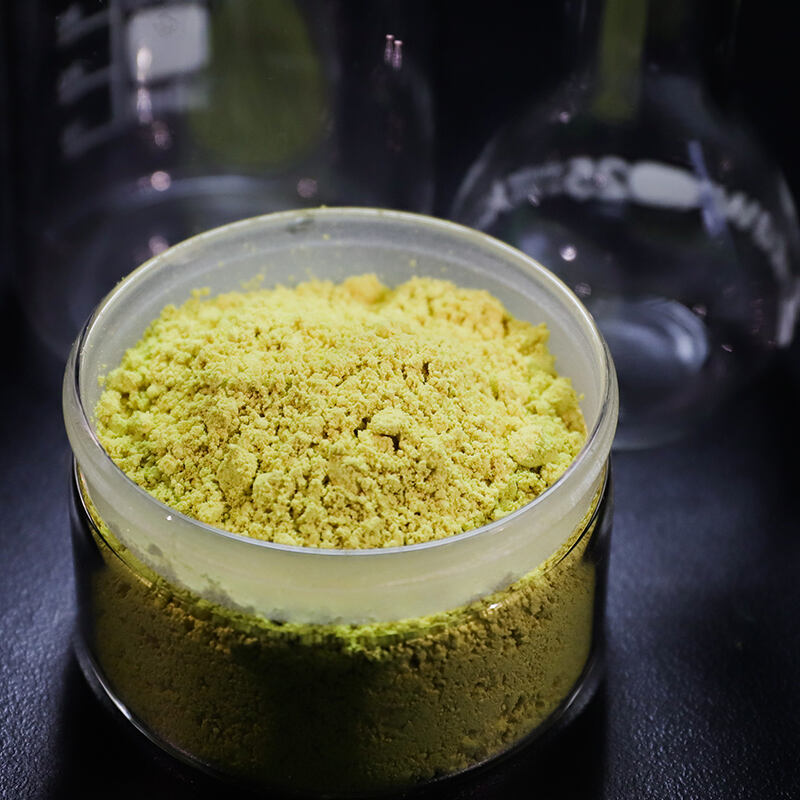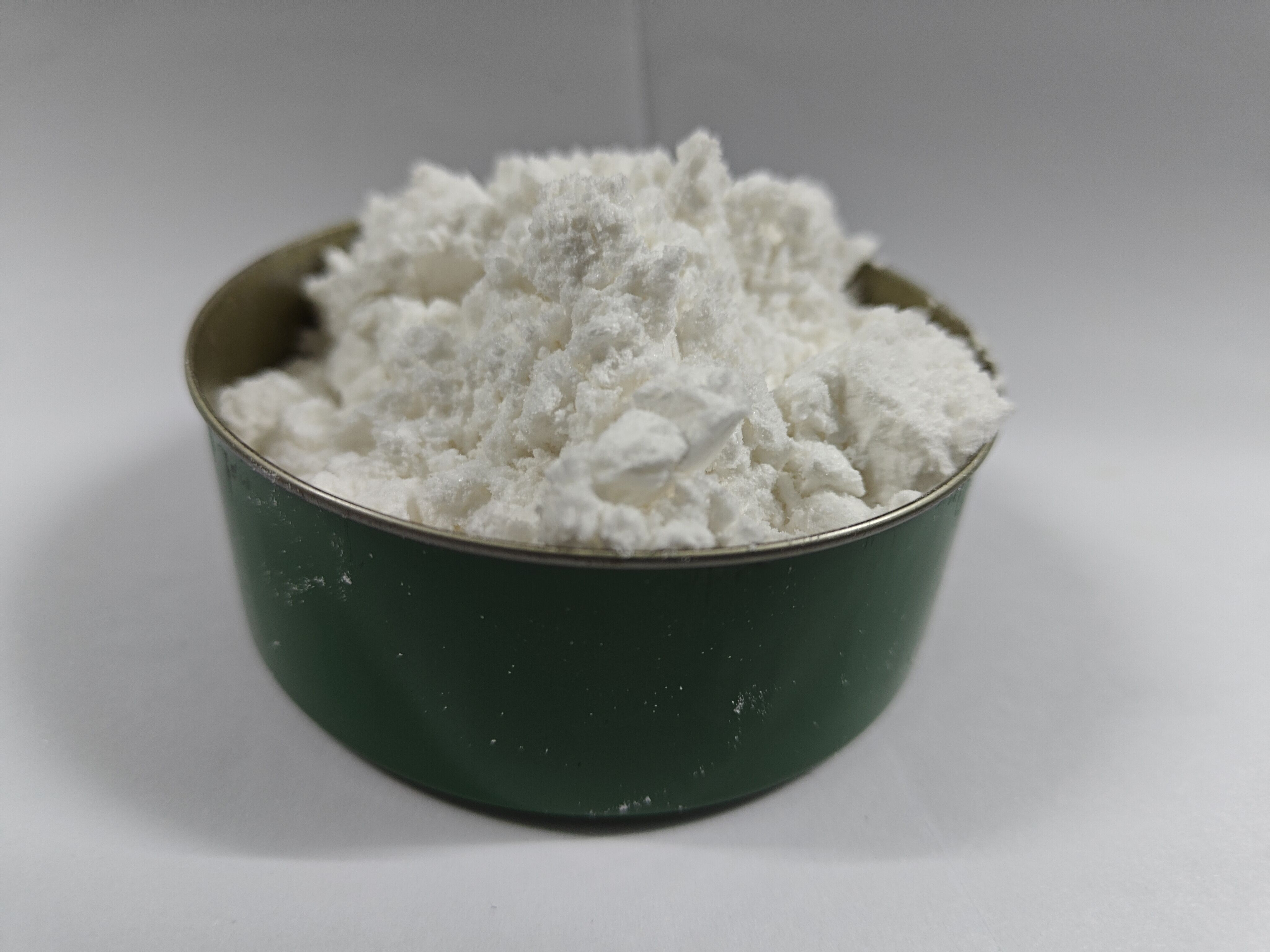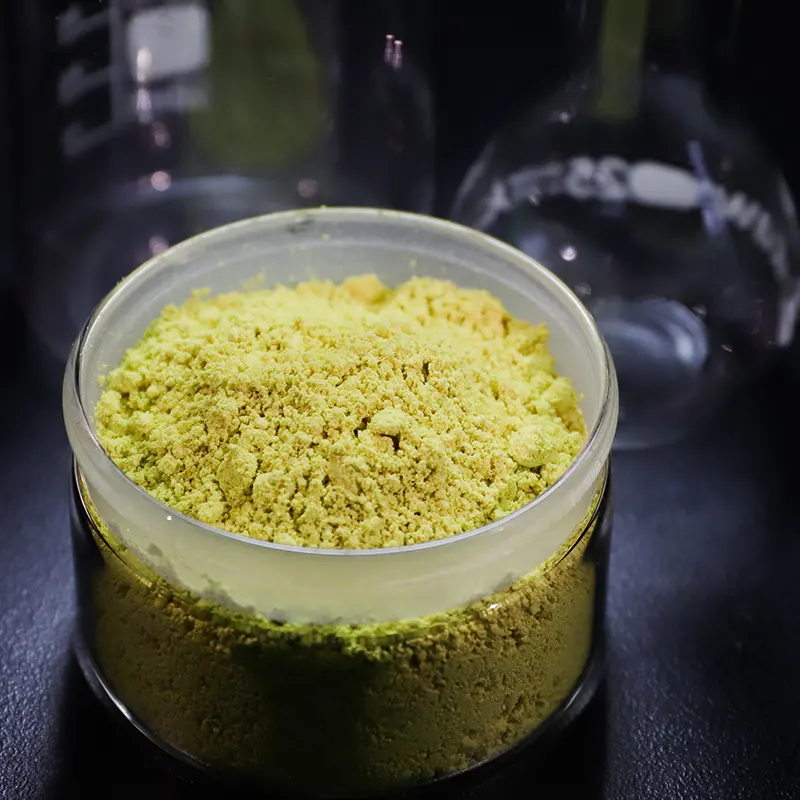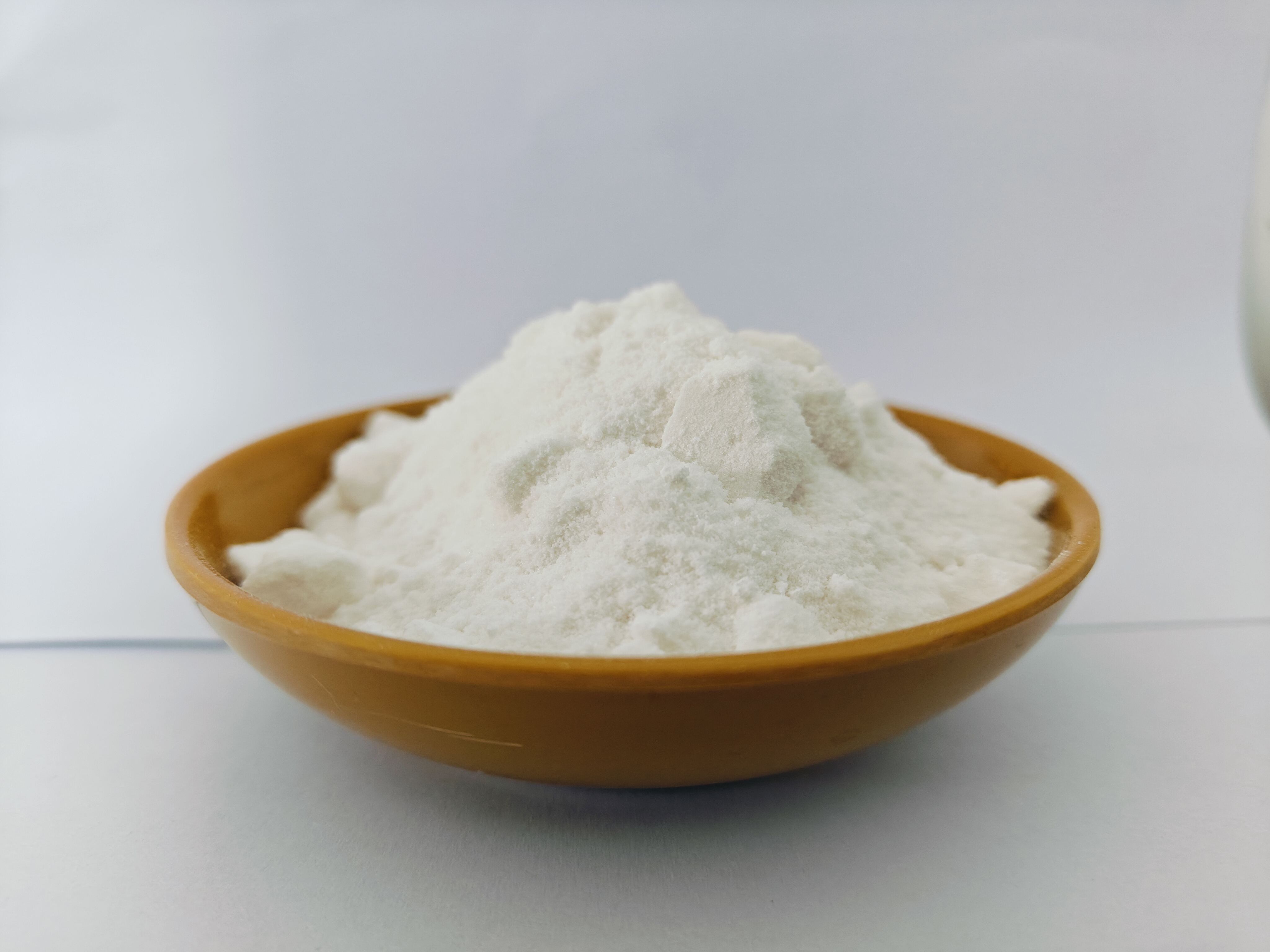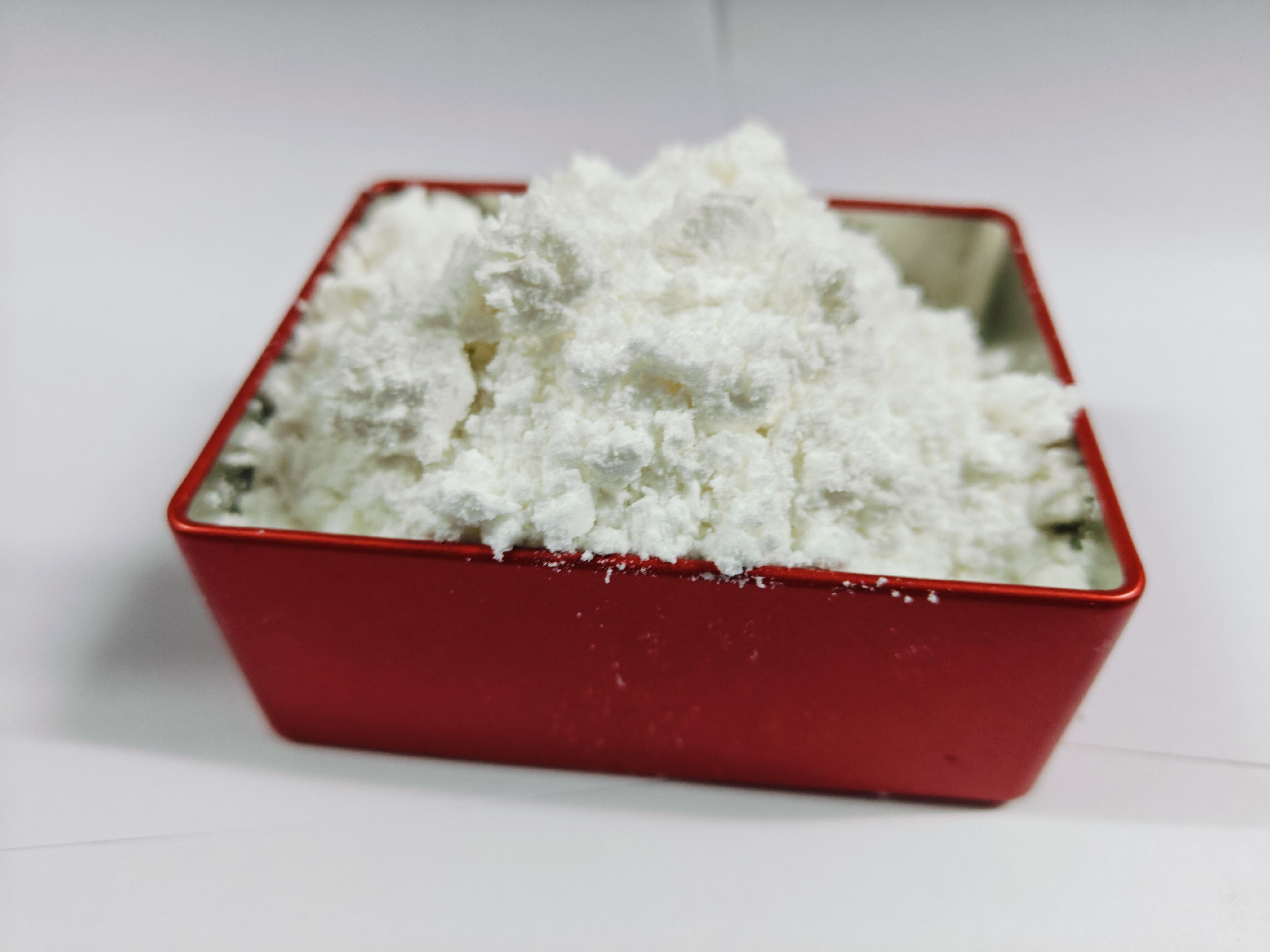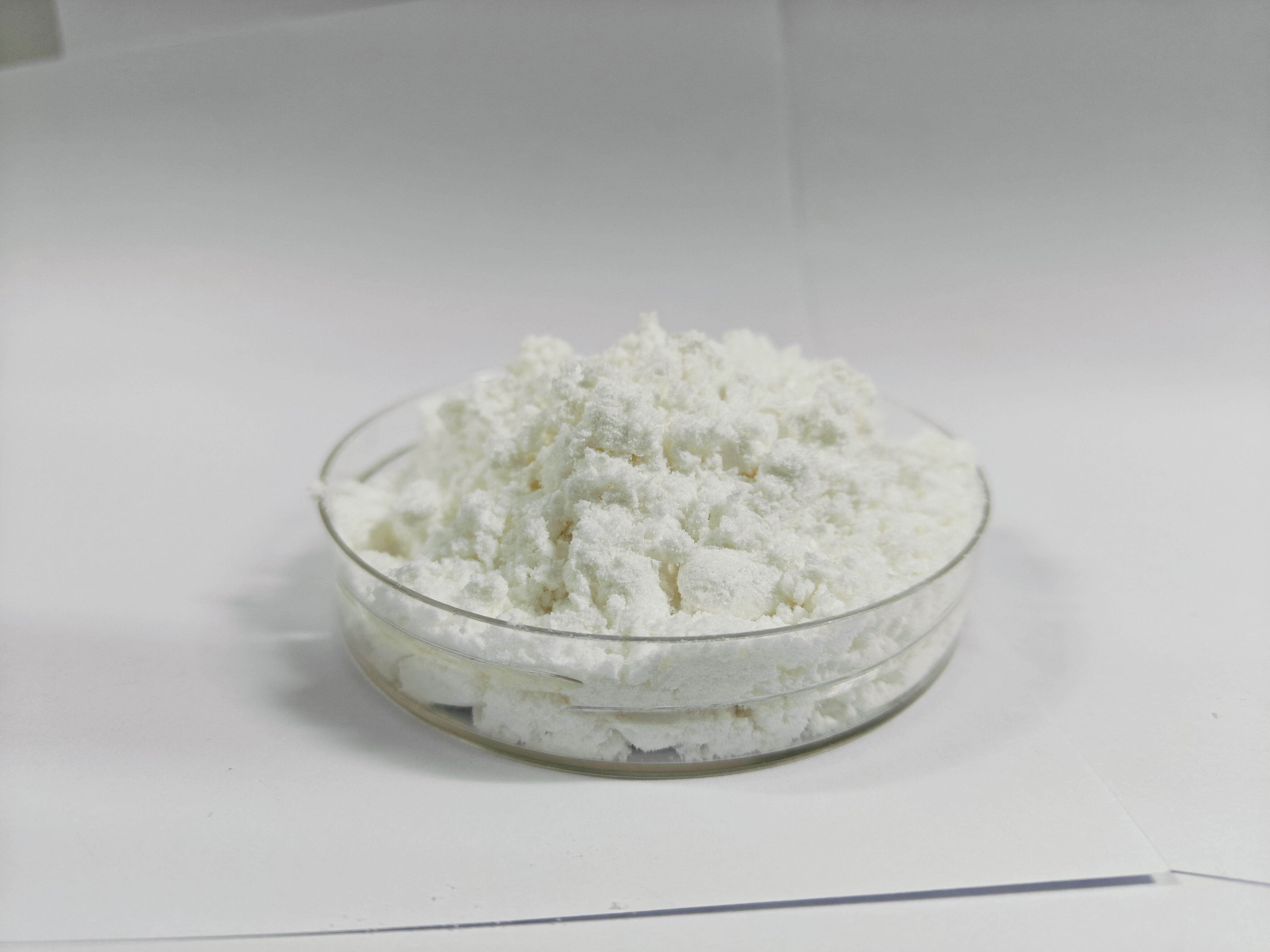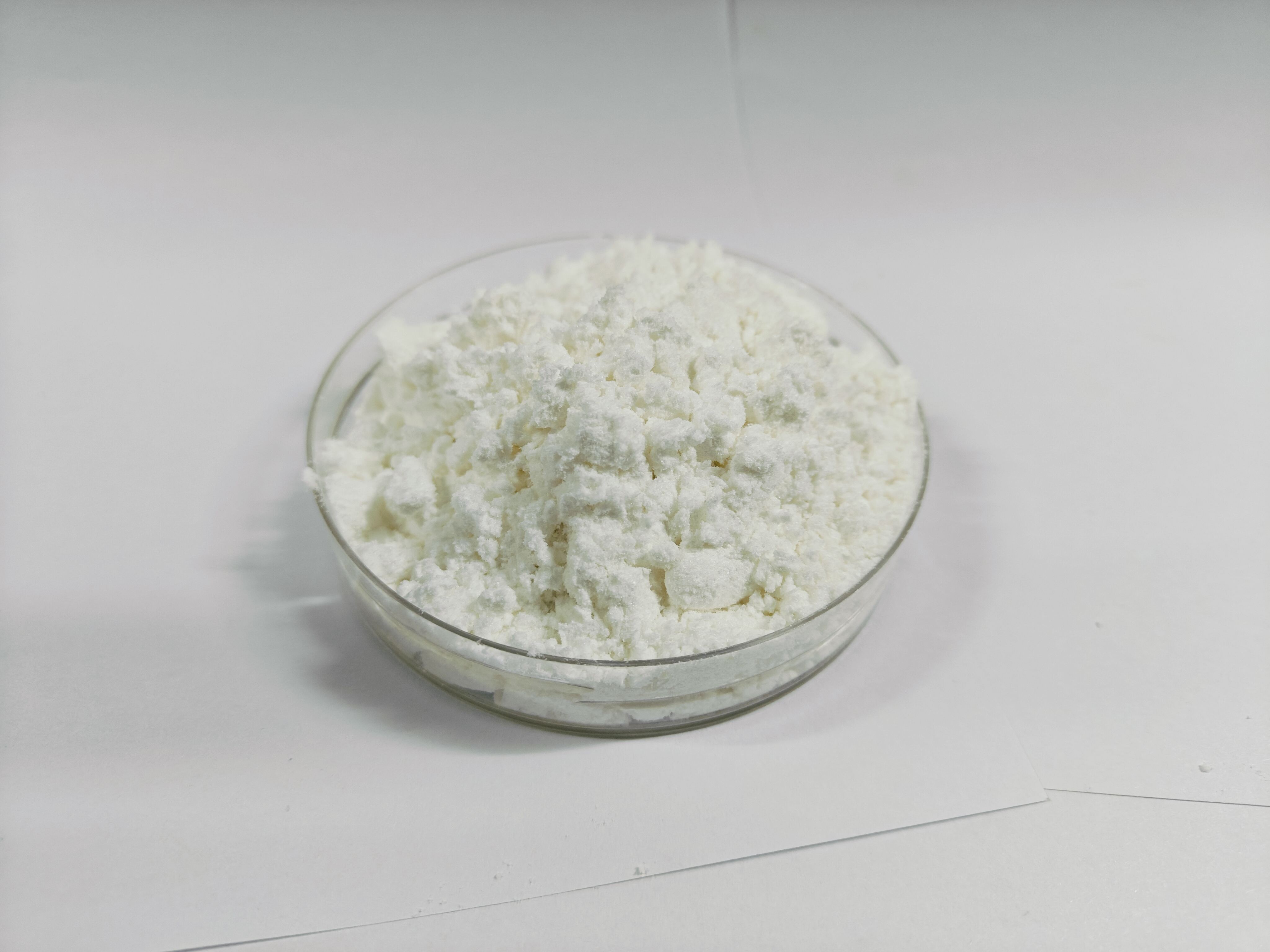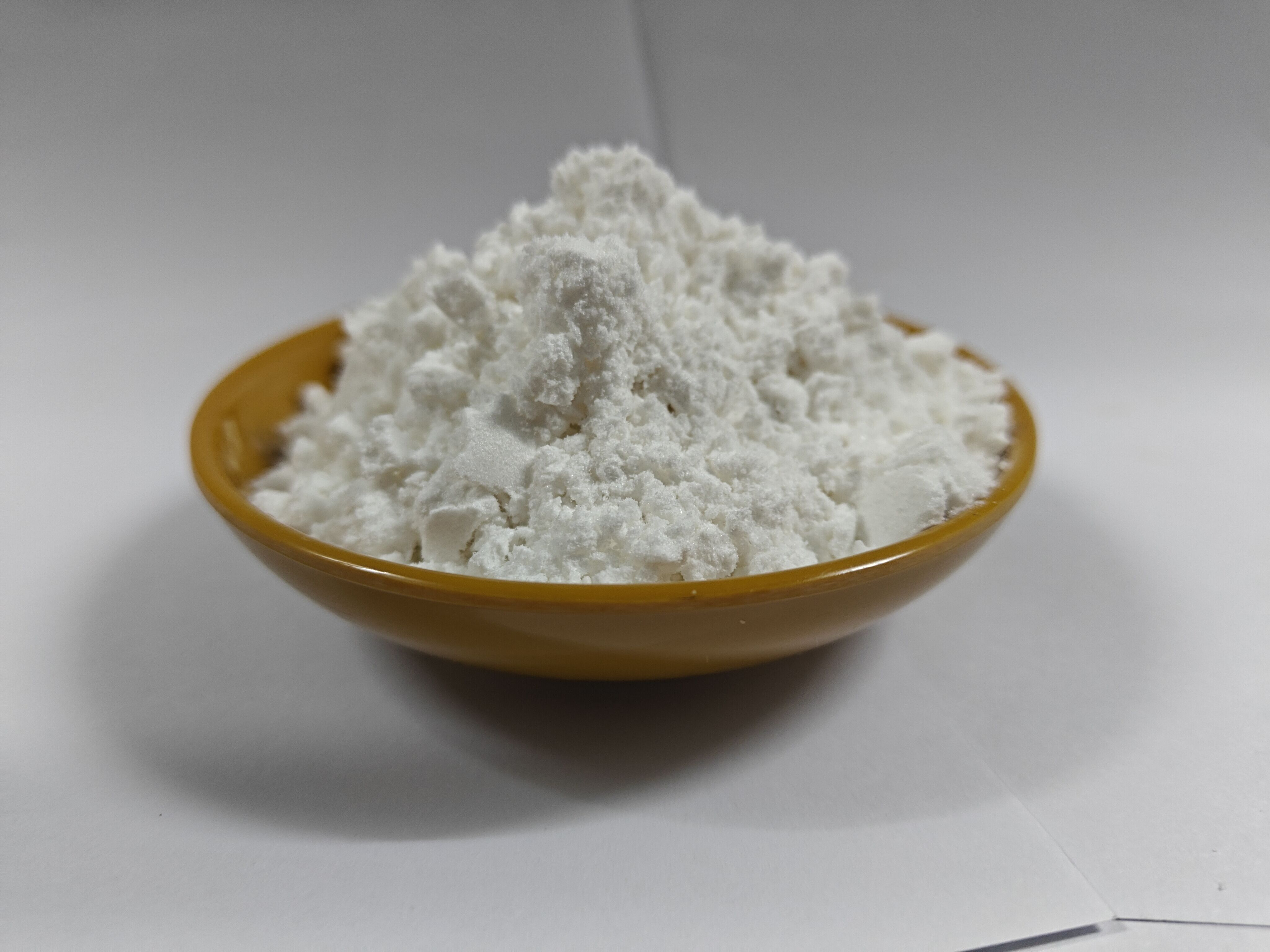cdi amide bonds
Ang mga bond ng CDI amide ay kinakatawan bilang isang mahalagang pag-unlad sa sintesis ng kimika at sa materials science, na naglilingkod bilang pangunahing elemento ng pagsasama-sama sa iba't ibang molecular na estraktura. Nakakabuo ang mga ito ng reaksyon sa pagitan ng carbonyldiimidazole (CDI) at amine groups, bumubuo ng matatag at tiyak na mga koneksyon na kailangan para sa maraming aplikasyon. Ang proseso ng pormasyon ay karakteristikong may mataas na ekadensya at malinis na kondisyon ng reaksyon, nagdudulot lamang ng maliit na by-products at hindi kailangan ng makasariling catalysts. Nagpapakita ang mga bond ng CDI amide ng kamangha-manghang estabilidad sa iba't ibang kondisyon ng kapaligiran habang patuloy na pinapanatili ang kanilang integridad ng anyo sa isang malawak na saklaw ng temperatura. Sa mga aplikasyon ng farmaseutikal, lumalarawan ang mga ito bilang pangunahing papel sa pag-unlad ng gamot at delivery systems, nagbibigay-daan sa paggawa ng komplikadong therapeutic compounds. Ang teknolohiya sa likod ng mga bond ng CDI amide ay napakahaba ng pag-unlad, ngayon na may pinaganaan na reaksyon kinetics at pinaganaan na selectivity. Kasama sa industriyal na aplikasyon ang polymer synthesis, kung saan nagbibigay-daan ang mga ito sa paggawa ng espesyal na materiales na may tiyak na propiedades. Ang kawanihan ng CDI amide bonds ay umuunlad hanggang sa biochemical research, kung saan sila ay naglilingkod bilang mahalagang mga tool para sa protein modification at bioconjugation. Ang kanilang relihiyosidad at maipredict na pag-uugali ang nagiging partikular na halaga sa automatikong sintesis processes at sa kalidad na kontroladong manufacturing environments.

